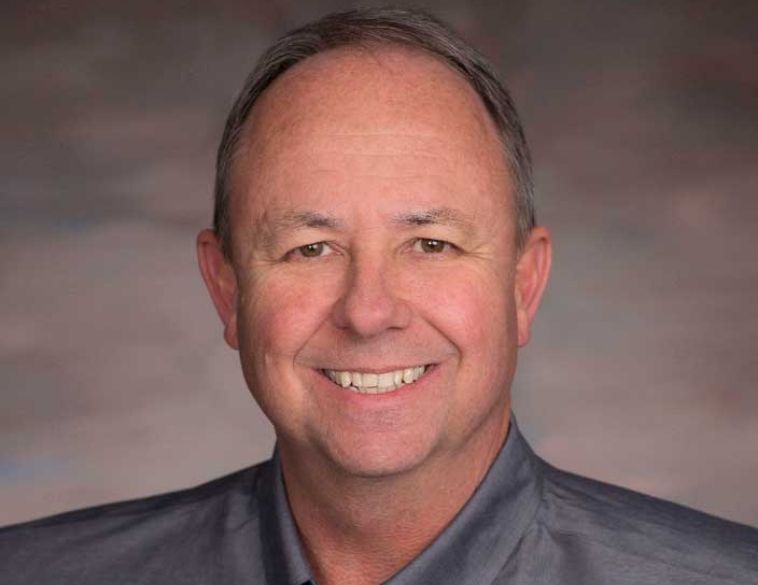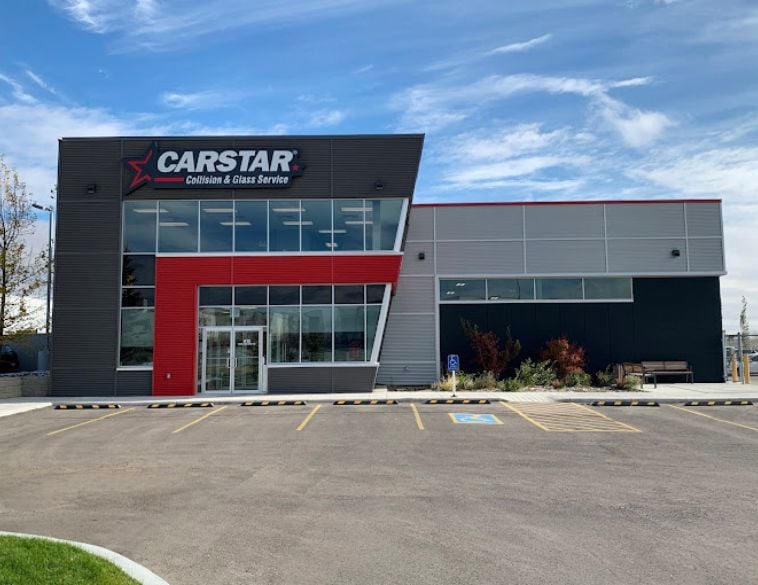On April 28, 2022, Autosphere, in conjunction with Repairify will be hosting a webinar entitled: Repairing Advanced Technology Vehicles: Profit is Possible at 1.00 pm EDT.
In the run-up to this event, we will be providing a series of weekly short articles that look at some of the key topics to be covered during the webinar.
These will include:
- Equipment Investment
- Technician Training
- Repair/Diagnostic Processes
Starting off, we take a look at Equipment Investment.
According to Chris Chesney, Vice President of Training & Organizational Development for Repairify (who will be hosting the webinar), when it comes to equipment, collision centres need to focus on three core factors—talent, technology and processes.
“If you don’t have the right talent in the building, that’s bought into your processes and leverages your technology, you can’t deploy properly and your profit opportunities are minimized,” says Chesney.
On the other hand, if you are a business that’s able to do this (and do it effectively), you can take advantage of multiple opportunities to boost profitability and productivity.
There’s also the question of understanding process when repairing ATVs, not only from a collision perspective, but also a mechanical one.
The technology factor
This is something that isn’t always evident, even though that today, the level of technology and features on a vehicle means that properly fixing it to pre-collision condition requires technical expertise from both the body shop and mechanical repair arenas.
Additionally, when it comes to equipment procurement, understanding the shop’s operations, the stakeholders it works with, the types of vehicles it tends to repair, plus the investments it’s willing to make in its people, all factor into the final decision.
Finally, when we look at the repair procedures, being cognizant of the key stakeholders involved and their role, whether it’s the OEM, vehicle and customer (as is often the case in the mechanical space), or the vehicle, insurer, OEM and customer (for collision repairs) is essential.
Look for more in-depth analysis on this subject during the webinar on April 28.
For registration information and additional details, simply click on this link.



